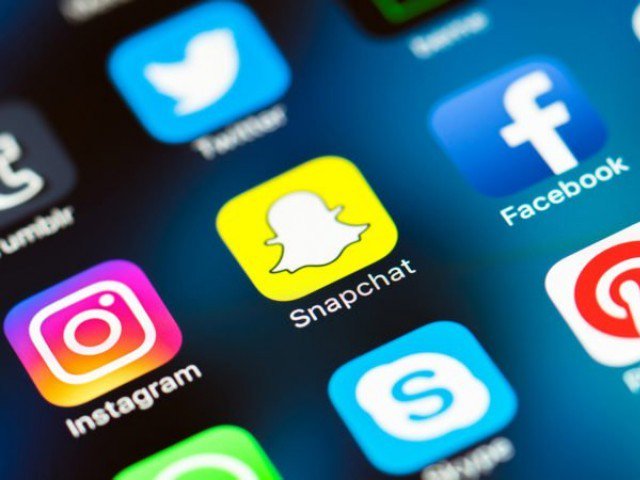Social media in the spotlight in Brazil presidential race

Brazil, like other countries, is facing a very electronic election. WhatsApp, Facebook and Twitter are the weapons of choice to sway the country's 147 million voters and abuse of social media has been widespread.
Facebook and its WhatsApp messenger service hugely popular in the Latin American nation have been thrust into the spotlight for being used to traffick in disinformation. The extreme-right frontrunner in the run-off election on Sunday, Jair Bolsonaro, has largely eschewed Brazil's established media, preferring to woo voters online in a manner very reminiscent of US President Donald Trump.
Bolsonaro's trailing rival, leftwing candidate Fernando Haddad, has raged against "fake news" and "lies" targeting him and his Workers Party, as Bolsonaro's support has grown into what looks to be an unassailable lead. Surveys suggest Bolsonaro could pick up 59 percent of the vote, to 41 percent for Haddad.
If the race goes in that direction, Brazil a country that threw off military dictatorship just three decades ago will veer to the far right, under a president Bolsonaro vowing a relentless crackdown on crime and corruption.This week, the 63-year-old former paratrooper, a pro-gun lawmaker backed by influential evangelical groups, warned the "red marginals" of the Workers Party "to get out or go to jail."
The language online is just as blunt, mixing truth with lies, or presenting opinions as fact. Many shared posts amplify the Workers Party's past corruption. Some portray Haddad as trying to promote homosexuality in schoolchildren. Others, those backing Haddad, call Bolsonaro a "fascist" bent on destroying democracy.
Accusations of defamation and campaign dirty tricks are flying back and forth. The federal police have opened an investigation into online "fake news" against both candidates.The potential of social media to influence Brazil's election also evokes the revelations of meddling that came out in the wake of the US election and the Brexit referendum in Britain, both in 2016.
Facebook, its reputation badly marred by those revelations, said on Monday it has closed 68 pages and 43 accounts linked to a Brazilian marketing group, Raposos Fernandes Associates, that media reported was promoting Bolsonaro online on a massive scale.
WhatsApp said it has shuttered hundreds of thousands of accounts to counter "spam or disinformation" after a report saying several companies had been hired for $3 million each to send bulk messages attacking Haddad and the Workers Party. Bolsonaro has denied having anything to do with the contracts.
A WhatsApp executive, Victoria Grand, vice president for policy and communications, told reporters in Sao Paulo on Tuesday that the company had no plans to lift a 20-recipient cap for forwarded messages imposed in July, down from a previous limit of 250 recipients.
